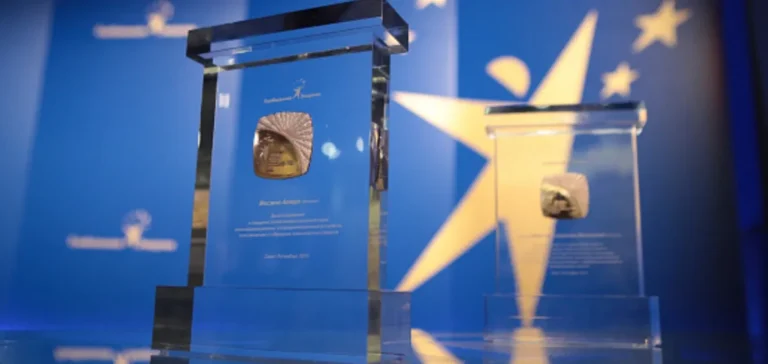The international committee of the Global Energy Prize has announced the three laureates for its 2025 edition, selected for their technological contributions in high-voltage electrical systems, advanced catalysts for fuel cells, and pulsed and plasma-based energy technologies.
Award for high-voltage power line research
In the conventional energy category, Jinliang He, Chairman of the High Voltage Engineering Research Institute and professor at Tsinghua University in China, received the award for his research into ultra-high voltage transmission systems. His work aims to enhance the performance and stability of large-scale electrical grids.
“This honour rewards not only my own work, but also the collective effort of many great minds advancing sustainable energy supply,” Jinliang He said. He emphasised dedicating this award to developing concrete innovations in electrical infrastructure.
First female laureate recognised
In the non-conventional energy category, the prize has been awarded for the first time to a woman, Yu Huang, professor and department head at the University of California Los Angeles (UCLA) in the United States. Her research focuses on catalysts that significantly enhance the efficiency and cost-effectiveness of fuel cells.
“My group develops designer catalysts and we strive to bridge the gap between discovery and deployment,” said Yu Huang, highlighting her team’s crucial role in achieving successful applied research.
Cutting-edge research on plasma technologies
Finally, Vladislav Khomich, research director at the Institute of Electrophysics and Electric Power of the Russian Academy of Sciences (RAS), receives the prize in the category of “New Ways of Energy Applications”. This Russian scientist has been honoured for his fundamental research and contributions to the development of plasma energy technologies and pulsed energy.
The international committee of the Global Energy Prize, chaired by Nobel Peace Prize laureate Rae Kwon Chung, made its selection from 90 submissions received from 44 countries and territories. Fifteen finalists from eight countries had been shortlisted in the final selection stage.
“Global science faces major challenges, and it is no exaggeration to say our capacity to quickly address them will define the future of civilisation,” said Rae Kwon Chung.






















